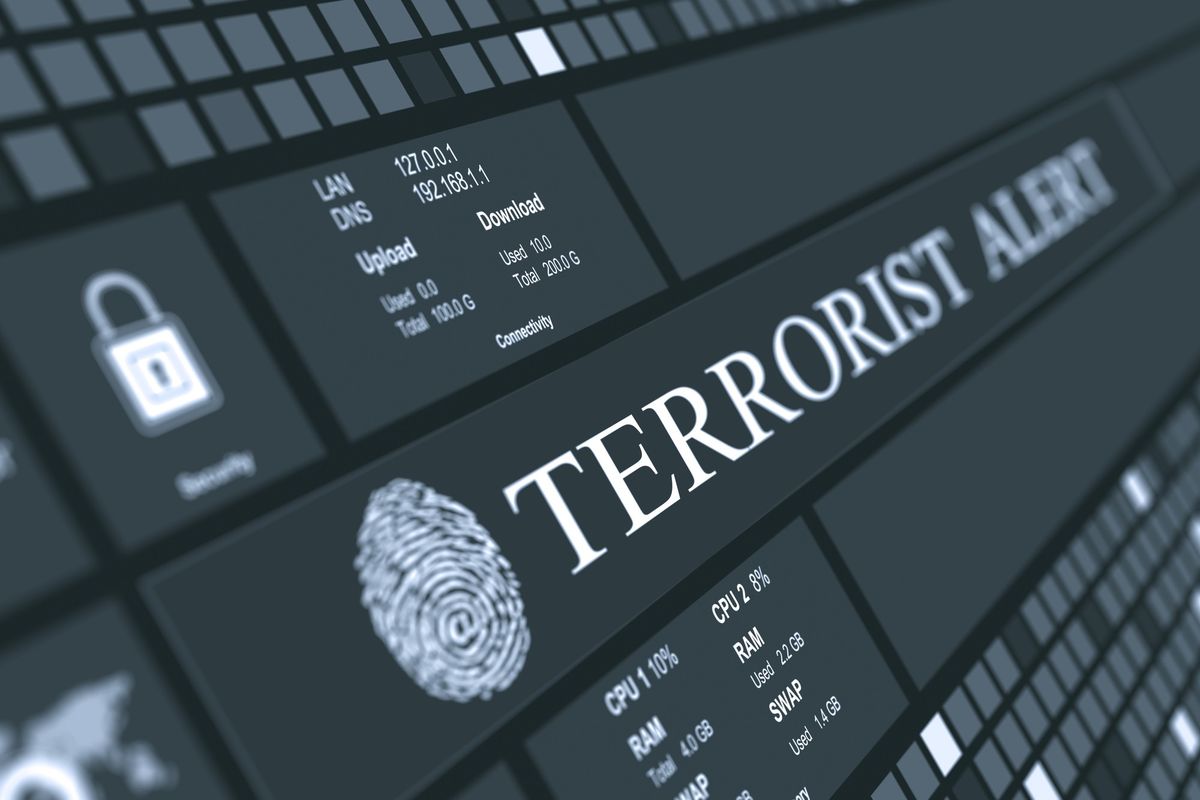As details emerge about an explosion in Manchester, England that left at least 22 people dead and dozens injured, British Prime Minister Theresa May said the incident was being treated as a terrorist attack. The Associated Press reported the Islamic State group, also known as ISIS, put out a statement claiming responsibility for the attack. The explosion occurred on Monday, shortly after 10:35 pm local time, in a concert arena after a performance by American singer Ariana Grande.
If confirmed, it would be the deadliest attack in Britain since the 2005 London bombings, which left 52 dead and hundreds injured.
The Cipher Brief reached out to our Network expert, Nick Fishwick, a former senior member of the British Foreign Office, for his initial assessment of the attack.
Nick Fishwick: So it is really important to take a deep breath and establish what has happened. We know a lone murderer struck, we know 22 innocent people were killed and the death toll could rise. But we don't know the identity of the killer, how he operated, who he worked with, what if anything the security authorities knew about him.
It was conducted by an explosive device which means it's pretty sophisticated. Either the killer taught himself to do it—unlikely—or he was helped by a network, physical or online. This is a completely different level from the recent attack in Westminster when, whatever his motive, basically a lunatic simply drove a car into a crowd of people.
No one has claimed responsibility but it looks like a violent Islamist attack, either ISIS or al Qaeda. It could be some other group, but that’s unlikely, and as I say, the fact of an explosive being used means that the killer must have had support. People are bound to ask questions about whether there was link to people who have fought with ISIS in Iraq or Syria – over 800 of these people are said to have returned to the UK.
It is extremely worrying. This is the biggest successful attack in the U.K. since 2005. It was aimed at a soft target – the killer simply walked into a crowded flyer of innocent young people and detonated. It is worrying because a more sophisticated attack in theory should mean a target that the security authorities can spot in advance. But as MI5 have reminded us before, the U.K. is a democracy, people value privacy and freedom, and so the security authorities can never guarantee that they will detect all plots – in fact they are bound to miss one at some point. We don't know at this point whether the killer, whose identity is known but has not been released, was on the security authorities' radar. That will be a big question currently being investigated by the authorities and it will be discussed at the crisis emergency meetings ("Cobra").
Election campaigning has been suspended. So there has been real disruption as a result of the attack. It will put more pressure on relations between the Islamic and other communities in the UK. This is unlikely to figure as an election issue but it will figure as an issue in British life. The British instinct will be to shrug and carry on, as we did when the IRA bombed England decades ago. But there is real tension in the UK now and this will not simply dissipate.













